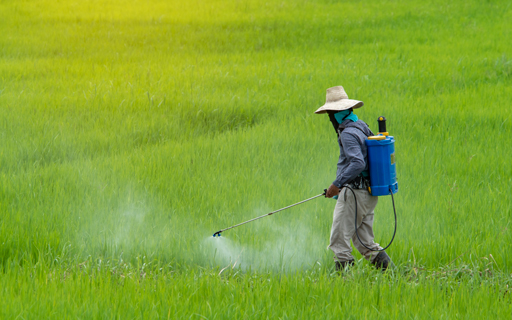Potash is a type of fertilizer made from potassium-rich minerals. It’s an important source of nutrients for crops and helps to improve yields. There are different types of potash, and the most common is the infuriate of potash (potassium chloride). While potash is essential for healthy crops, it’s also important to know how to use it properly. Here’s what you need to know about potash.
Improve yields:
Potassium is an essential plant nutrient and is required in large quantities for proper plant growth. It is a key component of chlorophyll, which is necessary for photosynthesis, and it helps plants to produce strong stems and resist disease. Potassium also aids in water uptake and helps plants to better withstand drought conditions. In general, potassium fertilizers will improve yields by 10-20%.
Enhance fruit and vegetable quality:
Potash is an essential mineral for plant growth and helps to improve crop quality. It strengthens plants and helps them to better withstand disease and pests. Potash also helps to improve the flavour, colour, and texture of fruits and vegetables.
Improve root development:
Brazil Potash is an important plant nutrient and is required for the proper development of the plant root system. It helps to improve root development by increasing the number and size of roots.
Improve water retention:
One of the benefits of potash is that it can help improve water retention. Potassium helps plants to better absorb water, which can be especially helpful during times of drought. This is especially beneficial for farmers who are growing crops in dry conditions. By improving water retention, potash can help crops grow better and produce higher yields.
Regulate pH levels:
Potassium is the third most important macronutrient after nitrogen and phosphorous. Potassium is vital for regulating pH levels and water uptake in plants. Potassium is also involved in the production of enzymes and helps to regulate the plant’s metabolism.
Enhance nutrient uptake:
In addition to regulating pH levels, potash can also help to enhance nutrient uptake. Potassium helps plants to better absorb nutrients from the soil, leading to healthier plants.
Help with seed germination:
Potash can help improve seed germination and plant growth. It is often used as a fertilizer to encourage plant growth. It can also be used to make the soil more acidic, which can help plants that prefer acidic soils to grow better. Potassium helps seeds to better absorb water, which can help them to germinate faster.
Improve root growth:
In addition to helping with seed germination, potash can also help to improve root growth. Potassium helps roots to better absorb water and nutrients, leading to healthier plants.
Reduce plant stress:
One of the benefits of potash is that it can help to reduce plant stress. Potassium helps plants to better withstand stress, which can lead to healthier plants. Potassium can also help to improve the shelf life of fruits and vegetables. Potassium helps to prevent browning and bruising and can help to keep fruits and vegetables fresh for longer periods.
Conclusion:
Potash is an essential plant nutrient and is required for the growth and development of plants. It is a major source of potassium and is used in agriculture to improve crop yields. It is also used in the manufacturing of glass and ceramics.

